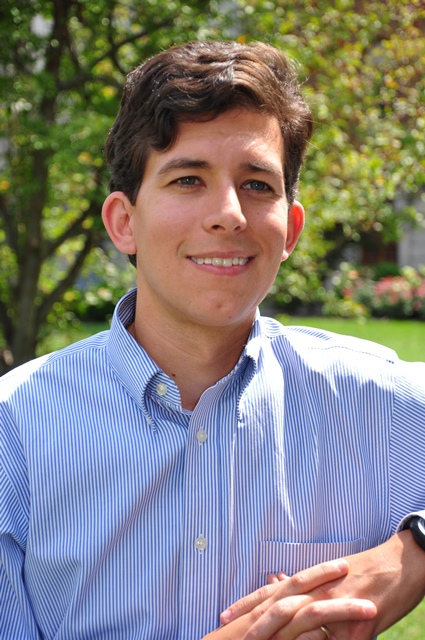By Jeff Brumley
Annette Ellard and Steve Clark — a husband-and-wife team commissioned by the Cooperative Baptist Fellowship in 2006 to work with refugees from Burma in Louisville, Ky. — expected that population would face daunting language, cultural, employment, housing, medical and legal challenges.
What they didn’t know was how tough it would be for teenage boys from the Asian country also known as Myanmar to adjust to life in the public schools. There, the normal identity and social challenges faced by teenage boys were exacerbated by differences in language and education.
“They also experienced a lot of bullying, and a lot of hard things in the neighborhoods they were in,” Ellard said.
While the girls were adjusting, some of the boys were acting out by skipping class, getting into fights, isolating, dropping out or facing expulsion. When all of that finally became clear in 2010 and 2011, Clark said, “it was time to do something.”
‘A cool God thing’
What they did was launch Hope Academy, a school for troubled high-school-age refugee boys from Burma, in the fall of 2011. They credit God for the project because as soon as the need was articulated, all the pieces fell into place.
The first was that their congregation, Crescent Hill Baptist Church in Louisville, offered classroom, kitchen and other space needed for the project.
Shortly after that, a Sunday school class collected $300, which became the school’s first operating budget. Then the local Karen (pronounced ka-rin) community donated 400 pounds of rice and other food to provide meals for the students, who are of that Burmese ethnic group.
Volunteers came forward to join Ellard to provide what essentially is a home-school education for the initial class of eight students.
But they went beyond history and math and science to try to give the students an American high school experience. The year ended with a prom and a graduation ceremony for four seniors that had the students beaming, Ellard said.
Some of them are attending junior college this fall.
“It’s such a cool God thing,” she said.
Unique approach
It also appears to be a pretty original thing, said Molly Marshall, president of Central Baptist Theological Seminary, a school with a long-standing relationship with Baptists in Burma.
 About 17,000 refugees from Burma have been resettled in the United States through 2012, according to the U.S. State Department. They have located in clusters around the nation, including more than 3,000 in Kentucky.
About 17,000 refugees from Burma have been resettled in the United States through 2012, according to the U.S. State Department. They have located in clusters around the nation, including more than 3,000 in Kentucky.
Due to missionary activity dating back to the 1800s, many of them are Baptists, Marshall said, which is why they often gravitate to churches like Crescent Hill upon reaching the United States.
Hope Academy would likely be very much needed in other refugee centers around the country, she added.
“I don’t know of anyone else who has tried this approach, but it’s well taken given the language difficulties and post-traumatic stuff these kids are dealing with,” Marshall said.
‘You have to be ready’
Lending space for the school was a no-brainer for Crescent Hill because it has had a long-term interest in overseas mission work with refugees from Burma. About two-thirds of its congregation is comprised of Karen, said Senior Pastor Jason Crosby.
 For Crescent Hill, working with the Karen and other ethnic groups from Burma is a missional focus.
For Crescent Hill, working with the Karen and other ethnic groups from Burma is a missional focus.
“What this church had done before these folks arrived, it told itself over and over again we would respond when God called us,” Crosby said. “When you open yourself up to doing what God asks of you, guess what – God asks you and you have to be ready.”
So the church was also ready when it’s two missionary members started noticing problems with some of the Karen boys, Crosby said.
“Steve and Annette were having success with some of the community’s initial problems – finding jobs, finding places to live, getting around town,” Crosby said. “Be we were beginning to see that some of the kids were running into behavioral issues at school.”
Or as Clark put it: “The guys were just getting mad and skipping class.”
‘Good for me, spiritually’
One of the ways Hope Academy begins to orient the boys to American culture is through Scripture, Ellard said.
Students participate in daily devotions using parallel English and Karen language Bibles. English begins to improve and the boys’ faith is utilized to help them begin to build confidence.
“They come to America for peace, but a lot of times they don’t find peace,” Ellard said. “What we really have to do is keep encouraging their faith.”
But interestingly, Ellard said it is her faith that is usually encouraged.
“The most significant thing we do is pray together every day,” she said. “I think it’s good for them, spiritually, but it’s certainly good for me, spiritually.”
